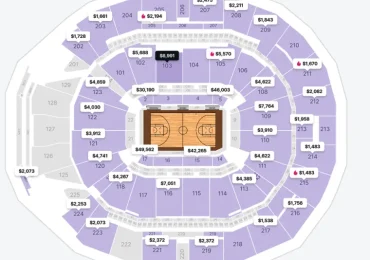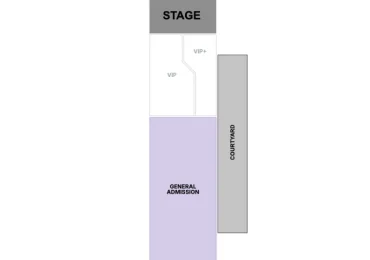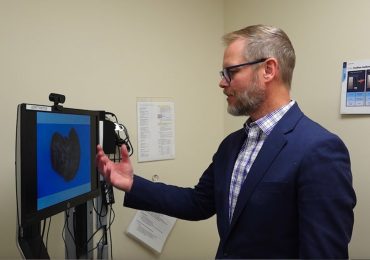Asia-Pacific markets fell on Monday as investors assessed China’s business activity numbers released over the weekend, while awaiting a slew of data due later this week.
China released its official purchasing managers’ index data for August. The manufacturing PMI fell to a six-month low of 49.1, a faster contraction compared to the 49.4 seen in July.
The figure also missed the median forecast of 49.5 from economists polled by Reuters, with the index marking its fourth straight month in contraction territory.
On the other hand, China’s non-manufacturing PMI climbed to 50.3, up from July’s 50.2.
Among the economic data coming out from major markets in the region are inflation numbers from South Korea, Australia’s second-quarter GDP data, as well as data on pay and household spending from Japan later this week.
Hong Kong Hang Seng index tumbled 1.68%, while the CSI300 shed 1.2%, dragged down by real estate stocks.
On the HSI, property developer New World Development was the biggest loser, with shares plunging as much as 14.14% after the company forecast a loss of about 19 to 20 billion Hong Kong dollars ($2.6 billion) for its financial year 2024.

“Even if mortgage refinancing policy materializes, it’s not a policy to revive the housing market, because it has nothing to do with the new home demands, mainly benefiting the existing homeowners,” Haibin Zhu, chief China economist told CNBC’s “Squawk Box Asia” on Monday.
Most importantly, Zhu noted, it is a policy to support consumption. He was responding to a question about a recent Bloomberg report, which said that China is mulling allowing homeowners to refinance up to $5.4 trillion of mortgages
Separately, the Caixin manufacturing PMI for August showed an improvement in the country’s manufacturing activity, which expanded to 50.4 compared to July’s 49.8 and beat the 50.0 expected by a Reuters poll of economists.
Japan’s Nikkei 225 was up 0.35%, while the broad based Topix was 0.11% higher. The Nikkei briefly crossed the 39,000 mark earlier in the session, making it the first time that the index had crossed 39,000 since July 31.
In contrast, South Korea’s Kospi was marginally up, while the small cap Kosdaq was 0.30% lower.
Australia’s S&P/ASX 200 slipped 0.27%.
In the U.S. on Friday, the Dow Jones Industrial Average posted a fresh record high, with the blue-chip index jumping 0.55% to close at 41,563.08. The S&P 500 advanced 1.01%, while the tech-heavy Nasdaq Composite gained 1.13%.
On Friday, traders also assessed key inflation data watched closely by the Federal Reserve.
The personal consumption expenditures price index, rose 0.2% on a monthly basis in July and 2.5% from a year ago, in line with estimates from economists polled by Dow Jones.
Excluding food and energy, it also rose 0.2% from the prior month.
—CNBC’s Lisa Kailai Han and Pia Singh contributed to this report.








